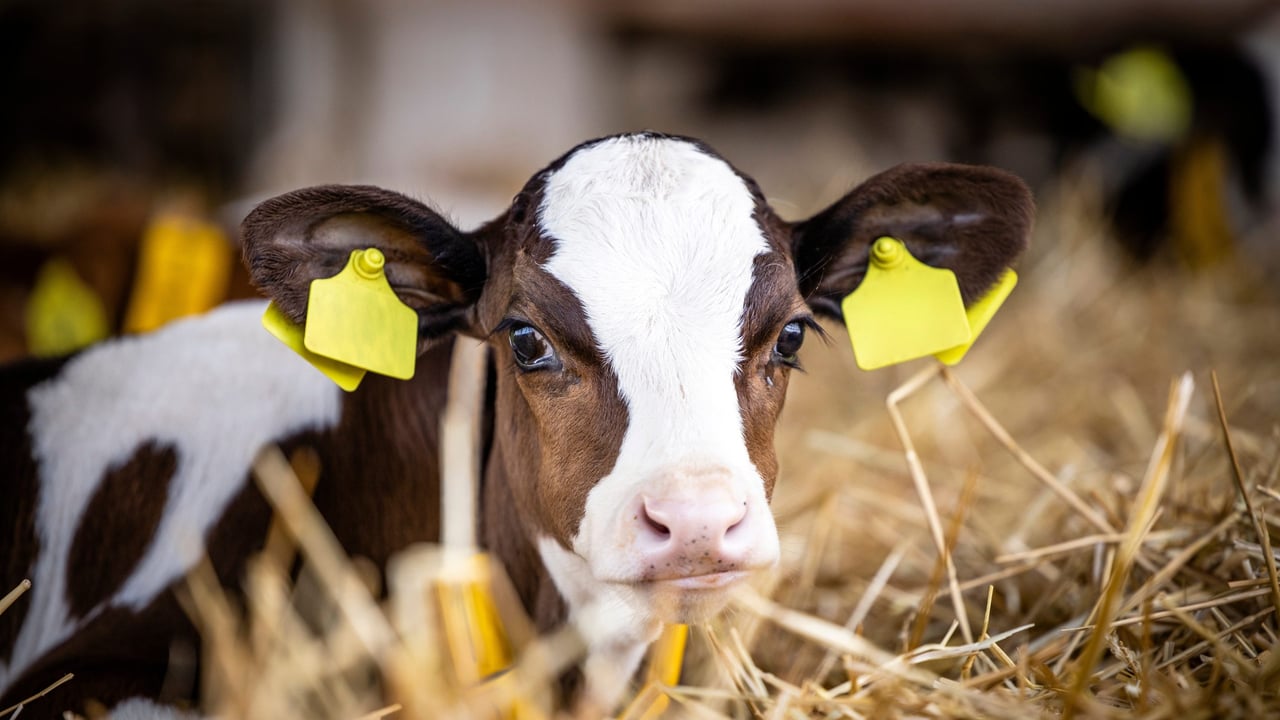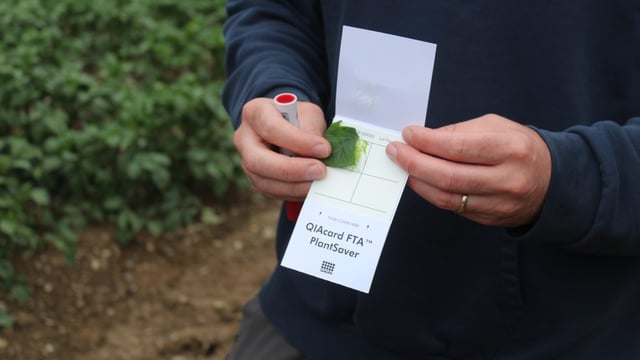Transporters fined in Oz over cruelty to 'bobby' calves
Two transporters of bobby calves have pleaded guilty to animal cruelty relating to rough handling of calves during unloading at abattoirs in Australia.
Animal health and welfare compliance manager with Agriculture Victoria in Australia, Daniel Bode said that transporters have a responsibility to ensure calves are fit for the journey ahead, protected from cold and heat and are handled appropriately during loading and unloading.
"Calves should always be handled with great care and the use of dogs or electric prodders on bobby calves is prohibited by law," Bode said.
"Calves must also not be kicked, beaten, pulled, thrown or dumped or prodded with any sharp instrument.
"These responsibilities and others are described in the Australian Animal Welfare Standards - Land Transport of Livestock.
"Under the Livestock Management Act (2010), anyone involved in the livestock transport process must comply with these standards," Bode added.
Bode said in two recent separate cases, bobby calf transporters pleaded guilty to animal cruelty charges relating to the mishandling of calves during unloading, each receiving fines with convictions.
Brenden Stammers, a truck driver from Athlone in Victoria, pleaded guilty to three charges of animal cruelty imposed under the Prevention of Cruelty to Animals Act 1986 at the Latrobe Valley Magistrates’ Court, receiving a fine of $2,000 with conviction.
An order for costs was made of $733.
In the second case, Christy Vlahos, a purchaser and transporter of bobby calves, pleaded guilty to four charges of animal cruelty at Melbourne Magistrates’ Court, receiving a fine of $3,750 with conviction.
An order for costs was made in the amount of $536.28.
Bode said that if you handle or transport bobby calves, you have a legal duty of care for their welfare.
"Appropriate management, transportation, handling and marketing of bobby calves needs to be a priority for everyone in the dairy industry," Bode said.
"Farm animal welfare is an increasingly significant issue in Australia and overseas, and the bobby calf trade in particular is a sensitive subject.
"In order to maintain this industry all producers, buyers, transporters and abattoir workers must meet the agreed industry standards for bobby calf welfare."
He advised that the vehicle or trailer being used to transport bobby calves "must be clean and have an enclosed front and a non-slip floor".
"Space allowance should be minimised to avoid injury to calves in transit, however they should never be overcrowded," Bode added.
"Selling calves that are immature, weak or sick is cruel and can result in premature death and may lead to prosecution."
Separately, Bode has warned that apart from the "obvious pain and suffering of the animals", animal welfare breaches on farms "can jeopardise Victoria’s reputation as a humane and responsible producer of food, which can, in turn, affect all producers and livestock owners".
Bode was commenting after a farmer from Dreeite was fined $75,000 and disqualified for 10 years from owning cattle or being a person in charge of cattle after pleading guilty to 23 animal cruelty charges and being sentenced at the Colac Magistrates Court.
Bode said the significant offending occurred over a combination of three separate incidents across numerous properties in south-west Victoria in Australia, over a period of four years, under the Prevention of Cruelty to Animals Act 1986.
"This outcome is welcomed by Agriculture Victoria as this level of offending was exceptionally appalling, including multiple failures to provide proper or sufficient feed to his cattle, a failure to treat seriously ill cattle and provide appropriate management care to his stock," Bode said.
The farmer, Joseph Dare, was the owner and person in charge of approximately 1,300 head of cattle on various parcels of land in the Dreeite and Nalangil regions between 2022 and 2024.
Bode said many of the cattle were in "extremely poor condition and emaciated from a failure to provide sufficient and appropriate feed, resulting in many cows, and in some cases calves, either recently deceased or requiring euthanasia".
During the 28 days provided by the court for Dare to destock, Agriculture Victoria will monitor the process, it said.
Post-mortem examinations conducted indicated there was a "failure to provide sufficient food, plus having heavy worm burdens, which led to the death of the cattle".





